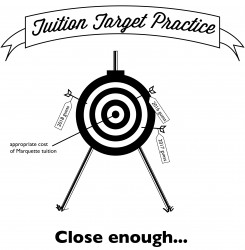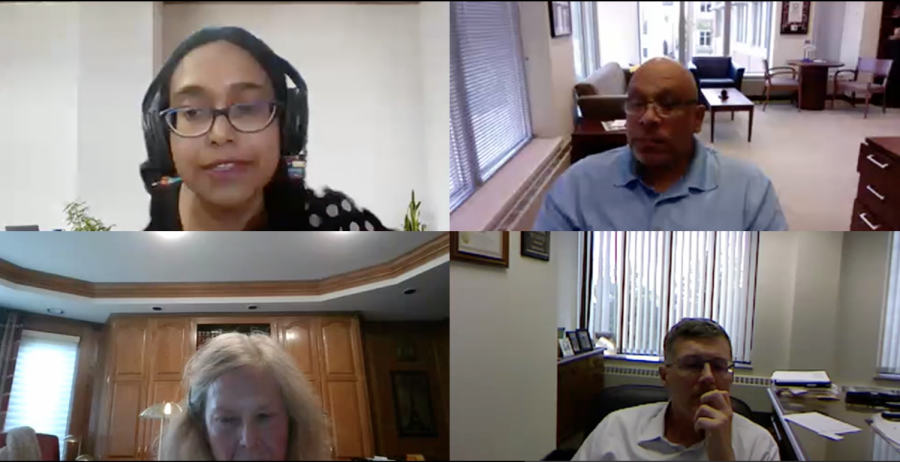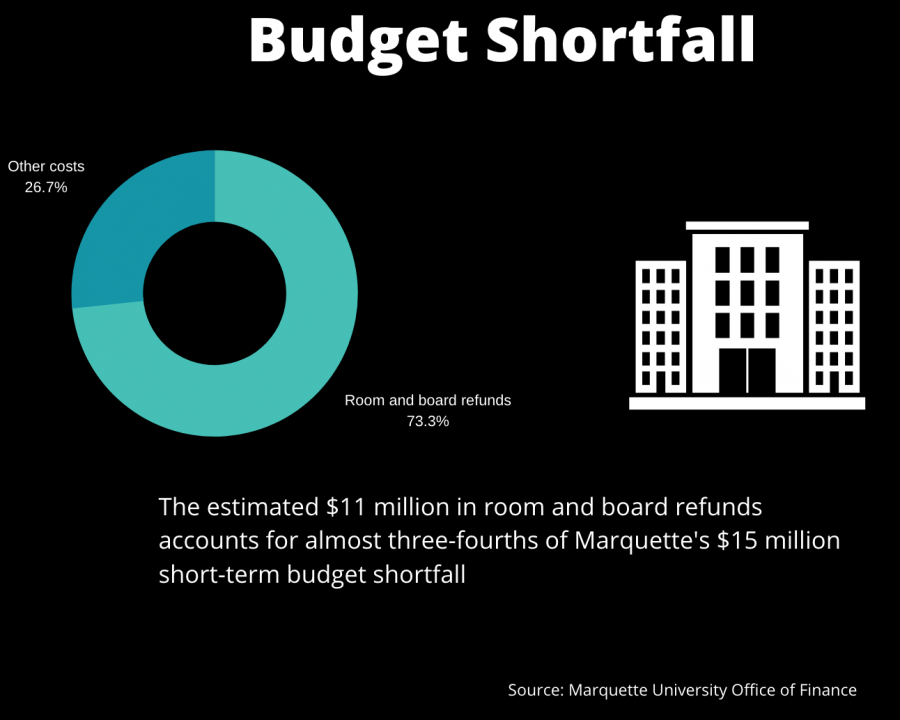
Last week’s announcement of a $1,280 undergraduate tuition increase for the next academic year spurred student interest in other paths the university could take to stop the yearly trend of price hikes.
An increasingly popular alternative to these incremental increases at U.S. colleges and universities is the implementation of a fixed-rate tuition policy, designed for students to pay the same dollar amount each year they are enrolled as full-time students. The framework is set up with an established dollar amount announced to an incoming class, with a guarantee that tuition will remain unchanged throughout the student’s predicted four years.
Though significant benefits arise for students planning tuition payments for their college careers, the predictions required for a fixed-rate system rely on too many variables to ensure a fair distribution of tuition costs for each incoming class.
Uncertain predictions mean that over-compensation for the margin of error in these numbers is in the university’s best interest. Typically, students will end up paying a higher rate their first two years under a fixed-rate plan than they would paying tuition with the standard yearly increases Marquette now utilizes.
The goal of fixed-rate programs is not to keep down the actual dollar value paid by students in their time at a college or university. Rather, they allow students to budget and plan out their four years of payments more effectively by offering a number that will remain consistent each year until graduation. This system allows students to avoid the uncertainty about how much they will actually pay for their higher education once loan interest rates are taken into account.
But the fixed-rate system is limited to these benefits. By looking four years into the future, the risk taken on by the university under a fixed-rate system would be based on an educated guess – one that is far more unstable than Marquette’s current practice of revisiting that amount year-to-year. Some students may find a college more feasible given the overall benefits of the fixed-rate, while others may turn away the offer given the possibility of paying a higher amount that accounts for future inflation.
Schools with fixed-rate policies base their tuition price on predictions for inflation rates, budgetary matters and the sensitivity of the endowment amount over the four years a particular class will be enrolled. Given the fluctuations Marquette experienced the past decade in all three of these categories, implementation of a fixed-rate policy could easily put certain classes at a disadvantage by paying amounts that make up for financial shortcomings – despite receiving the same treatment as their peers with different graduation years.
Inflation rates and the health of the economy, for example, are generally unsound and do not lend themselves well to accurate predictions. This makes Marquette’s 2009-10 tuition hike of $3,050 per year, the largest jump in a decade, all the more pertinent: Economic conditions would have tagged the incoming Class of 2012 with a rate much higher than the three classes before it.
Also, the university endowment, which goes toward scholarships, faculty and staff pay and academic programs, is relatively smaller here than at many other universities of similar size. Marquette’s 2013 endowment amounted to $457.8 million with about 8,400 undergraduates. By comparison, George Washington University, which switched to fixed-rate tuition in 2004, is endowed with $1.9 billion for an undergraduate body of about 10,000. A larger endowment offers much more stability for George Washington to have a fallback and prevent large hikes for each incoming class.
The fixed-rate tuition option does not offer a discount to students, and it could be disastrous given the instability of the university’s many cost predictions. Marquette’s yearly tuition increase is a hard pill to swallow, but it is the best option to minimize risk and ensure tuition is accurately distributed across the university’s entire undergraduate body.




